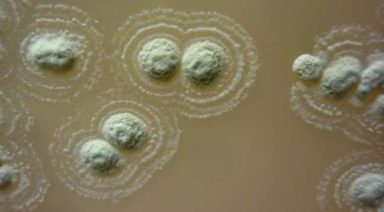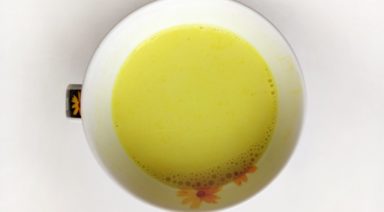Turpentine: The Healing Oil?

If you can find a better, holistic solution to your aches and pains, would you try it? Skip the Advil, because you’re in luck! Turpentine oil has been used as healing medicine for generations to remedy soreness and muscle pains.
Turpentine oil has been largely used as a paint thinner and brush cleaner. It’s used as a raw material in the synthesis of resins, oil additives, synthetic pine oil and campor, according to Britannica. The oil can be obtained through cooking wood pulp, steam distillation of shredded pine, or from the distillation of the exudates of tapped pine trees.
Turpentine oil is colorless, oily, odorous and flammable and creates a warming sensation when applied to the skin. Many notice an immediate effect after applying, and their pain is reduced within hours. Use a small amount to either massage or swab on the affected area. For best results, apply the oil 3-4 times daily until pain or soreness improves.
Turpentine oil can be used for many ailments:
- Muscle Pain
- Toothaches
- Lung Congestion
- Joint and Nerve Pain
- Cold Sores
- Sprains
- Cramps
Cautions
Please use this oil at your own caution, consult a physician to be sure this the right product for you. Be sure not to apply turpentine oil to any open wounds or swallow in excess amounts. You can use it on cold sores only before they erupt. You can add the turpentine oil to a humidifier or vaporizer to inhale and clear lung congestion.
Make sure to wrap or cover the areas of the body where the oil has been applied for better penetration and avoid staining clothes or furniture. Turpentine oil is flammable, so be sure to wash your hands after each application.
Turpentine oil’s smell is intense, and to some, unpleasant. You can mix it with your favorite essential oils to create a better smelling remedy. Other essential oils have their own valuable uses; find out which oils are best for you.
Study Shows Intermittent Fasting's Effect on Long Term Memory

With cognitive decline on the rise, a search for solutions has never been more pressing. A groundbreaking recent study on intermittent fasting suggests that the way we time our eating may play a significant role in our brain health.
For thousands of years, people have been fasting for religious and spiritual reasons while reaping a host of physical benefits. Today, however, the standard western diet has left many overfed and undernourished. While fasting practices are not new, there is a host of new research showing they may be an important key to preserving health in a time of disease.
Dr. Edward Group is a naturopathic physician who has been incorporating fasting in his practice for years with great success.
“Fasting is something that has been used for thousands of years actually, and it’s nothing more than really giving your body the time it needs to heal itself,” Dr. Group said. “The human race, right now, probably eats ten times, or more, the amount of food that we need to repair and regenerate.”





































